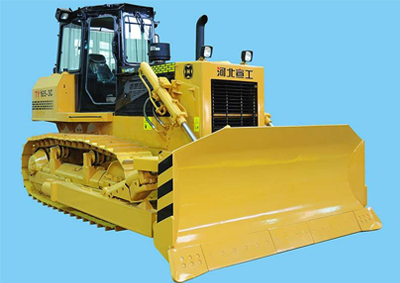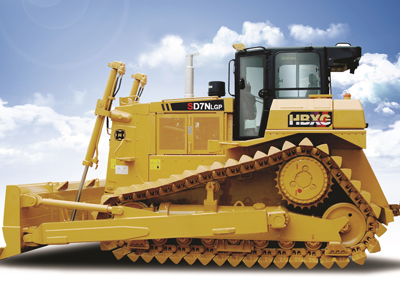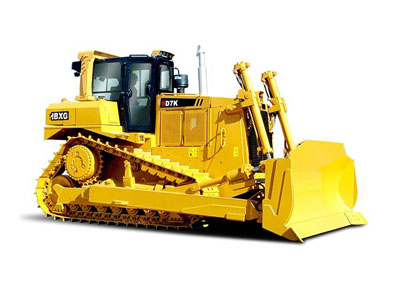When it comes to purchasing a bulldozer, there are several important factors to consider. Whether you need a bulldozer for construction projects, land clearing, or other heavy-duty tasks, it's essential to make an informed decision. To help you in your bulldozer-buying journey, here are four tips and things to know:
Assess Your Needs:
Before diving into the market, take some time to evaluate your specific requirements. Consider the size of the projects you typically undertake, the terrain you'll be working on, and the tasks you need the bulldozer to accomplish. This assessment will help you determine the appropriate size, power, and features required in a bulldozer to meet your needs effectively.
Additionally, consider your budget and long-term plans. Are you looking for a new or used bulldozer? Will you be using it for short-term or long-term projects? Understanding these factors will guide your decision-making process.

TY165-3 Bulldozer
Research Different Bulldozer Types:
Bulldozers come in various types, each designed for specific applications. Understanding these types will help you choose the right bulldozer for your needs:
a. Crawler Bulldozer: This type of bulldozer is equipped with tracks or crawlers instead of wheels, providing excellent traction and stability. Crawler bulldozers are ideal for working on rough terrains, such as construction sites or uneven ground.
Researching the different types of bulldozers will help you choose the one that best matches your project requirements.

SD7NLGP Bulldozer
Consider Key Features:
While assessing different bulldozers, pay attention to the key features that can enhance their performance and efficiency. Here are some important features to consider:
a. Blade Capacity and Type: The blade is a crucial component of a bulldozer. Consider the blade's width, height, and capacity, as it determines the amount of material the bulldozer can push or move. There are various blade types available, such as straight blades, U blades, and semi-U blades, each suitable for different tasks.
b. Engine Power: The engine power determines the bulldozer's performance and ability to handle heavy loads. Consider the horsepower and torque ratings, as well as fuel efficiency, to ensure the bulldozer meets your project demands.
c. Operator Comfort and Safety: Look for features that enhance operator comfort and safety, such as ergonomic controls, air-conditioned cabins, and advanced safety systems like rearview cameras or proximity sensors.

SD7K Small Bulldozer
Inspect and Test Drive:
If you are considering purchasing a used bulldozer, it is crucial to inspect and test drive it before making a decision. Look for signs of wear and tear, such as leaks, rust, or mechanical issues. Engage a professional mechanic or inspector to thoroughly examine the bulldozer's mechanical components, including the engine, transmission, and hydraulic system.
During the test drive, pay attention to the bulldozer's performance, maneuverability, and responsiveness. Ensure all controls are functioning correctly and assess the overall operational condition.
Conclusion:
Buying a bulldozer requires careful consideration of your specific needs, research into different types and features, and thorough inspections. By following these tips and considering the important factors mentioned, you can make an informed decision and choose a bulldozer that will be a valuable asset to your construction or heavy-duty projects.







Comments
All Comments (0)